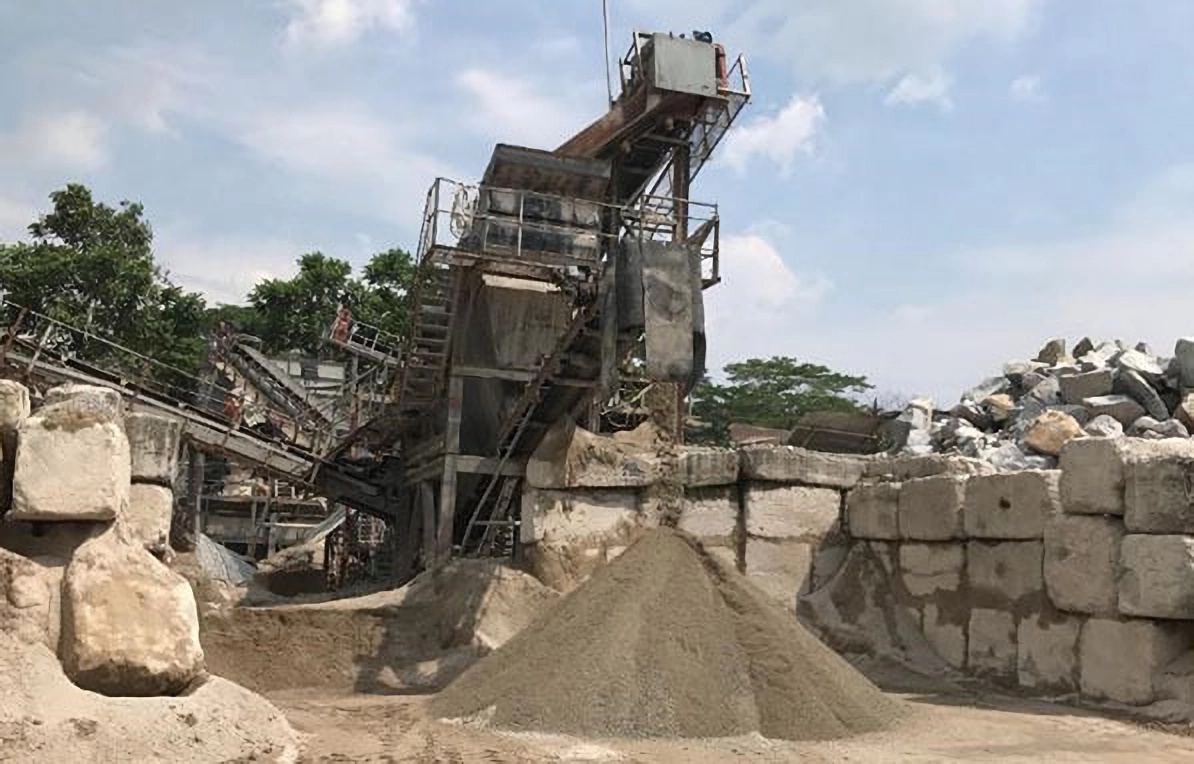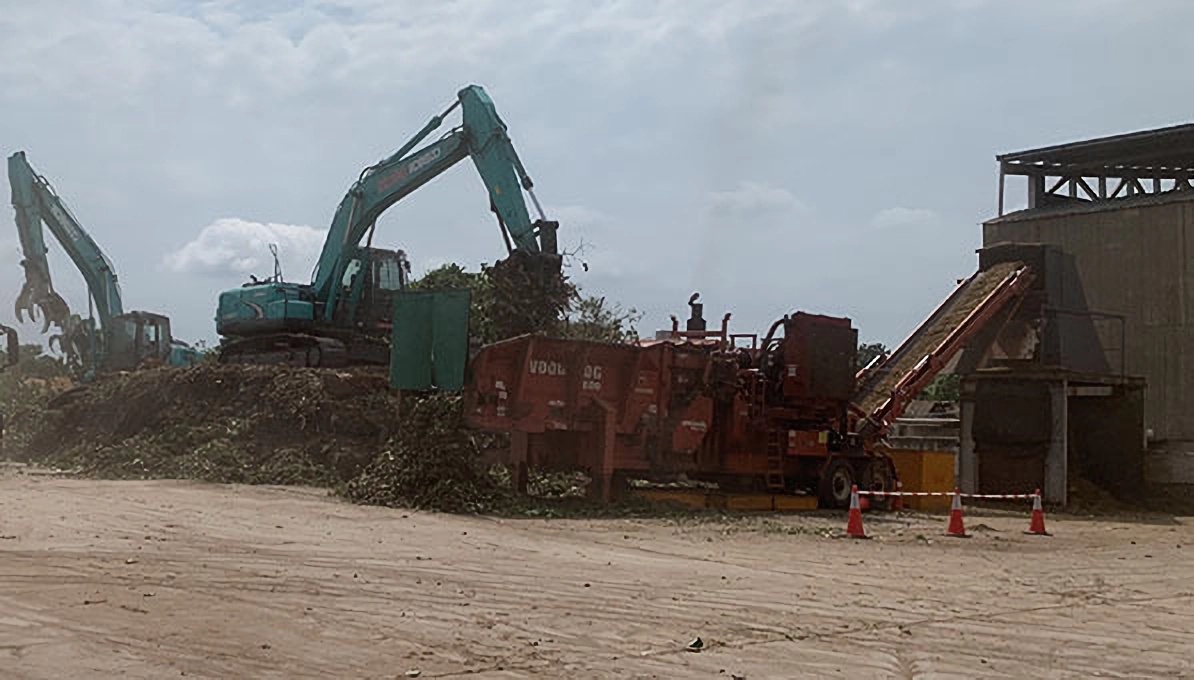Waste Not, Want Not - Engineering a Cleaner Future
Waste Not, Want Not - Engineering a Cleaner Future

With an innovative spirit and a clear resolve, Anabel Lee Ching Han wants to make a positive impact in the field of recycling and waste management.
Some of us dream of making this world a better place to live in. For Anabel, she first received her “eco-calling” when she was studying for her degree in environmental engineering. Eager to apply her university education, she joined a manufacturing company that produces beverage carton boxes to drive environmental efforts in reducing energy consumption and use of packaging material.
Her work back then required her to collaborate with the National Environment Agency (NEA) through the Singapore Packaging Agreement initiative. Hoping to make a bigger impact in her ecological pursuits, she joined NEA in 2016 to improve Singapore’s waste management process. Over the years, Anabel had the opportunity to exert her eco-influence in different capacities; from working in public sector buildings on waste reduction to encouraging residents to practise the ‘3Rs’ — Reduce, Reuse, Recycle.
Harnessing Technology
Today, the executive engineer is part of a team that manages private waste facilities, such as the Sarimbun Recycling Park (SRP) located on the fringe of Lim Chu Kang Road. The recycling park consists of 15 land plots, occupying about 5,000 to 20,000 square metres each. Collectively, SRP tenants contribute almost one-third of the waste recycled in Singapore. So what does her work entail? “Aside from maintaining the common areas, I support the team in administering tenancy agreements and managing the tenants at SRP,” says Anabel, who’s familiar with auditing maintenance works like cleaning and pest-control.
 The Sarimbun Recycling Park (SRP) consists of 15 land plots, and tenants at the recycling park contribute almost one-third of the waste recycled in Singapore. (Photo credit: NEA)
The Sarimbun Recycling Park (SRP) consists of 15 land plots, and tenants at the recycling park contribute almost one-third of the waste recycled in Singapore. (Photo credit: NEA)
Harnessing digital tools is part and parcel of her job. Most of the stockpiles at SRP are irregularly shaped and sized, making it a challenge for the team to determine the volumetric proportions on-site, she shares. Using images captured by a drone, Annabel recently conducted a trial where a modelling software was used to create a three-dimensional representation of these materials. “With these 3D models, we can eliminate the guesswork by calculating the parameters we are interested in, such as the actual dimensions and volume of these stockpiles,” she explains.
During the pandemic, leveraging digital tools became even more important. In the licensing of General Waste Disposal Facilities, Anabel and her team conducted virtual audit checks and inspections through digital photos or video calls. This helped to minimise physical interactions with the applicants and licencees, and also enabled NEA to issue licences on time without delays.
“Technology has been transforming the way we live, work and play since the Industrial Revolution. I believe it will continue to do so for decades to come, especially in sustainability and climate change,” she says.
Shaping a Greener Future
As an engineer, Anabel enjoys finding innovative ways to overcome obstacles. For instance, NEA launched a demonstration fund in 2015 to encourage public sectors to reduce food wastage by installing a food digester in their premises. A school took on the funding scheme a year later; however, it wasn’t easy to encourage students to segregate food waste or get cleaners to deposit the food waste into the digester. As a result, the machine was underutilised.
Undeterred, the team ramped up efforts to engage and educate the stakeholders. Better signages were put up, and talks were held to educate students on the benefits of these digesters and show how the processed product can be used as fertilisers around the school compound. “Gradually, we saw an increase in the utilisation rate and the contamination levels dropped too,” she added.
Apart from work, the 3Rs now play a huge role in Anabel’s personal life as well. Saying ‘no’ to plastic bags and single-use disposable items have become second nature to her. As Singapore endeavours to close the waste loop and become a Zero Waste Nation, this NEA engineer knows she’s doing her part — both professionally and personally — in reducing our carbon footprint and shaping a greener future for all.
Find out more about NEA careers here!

